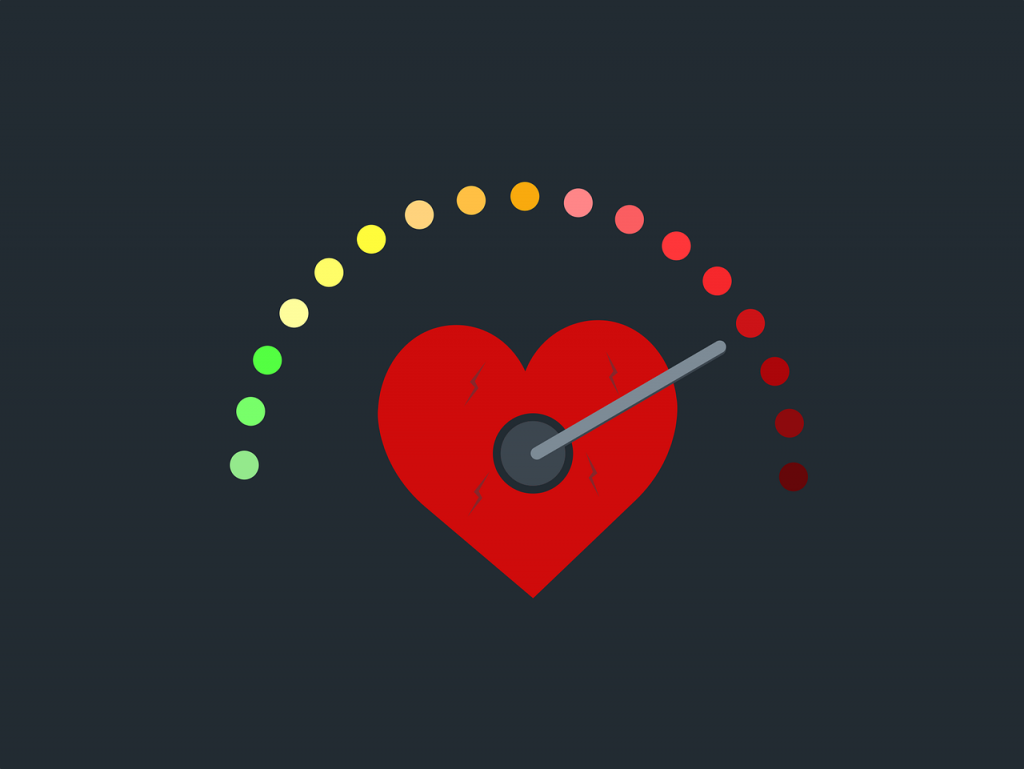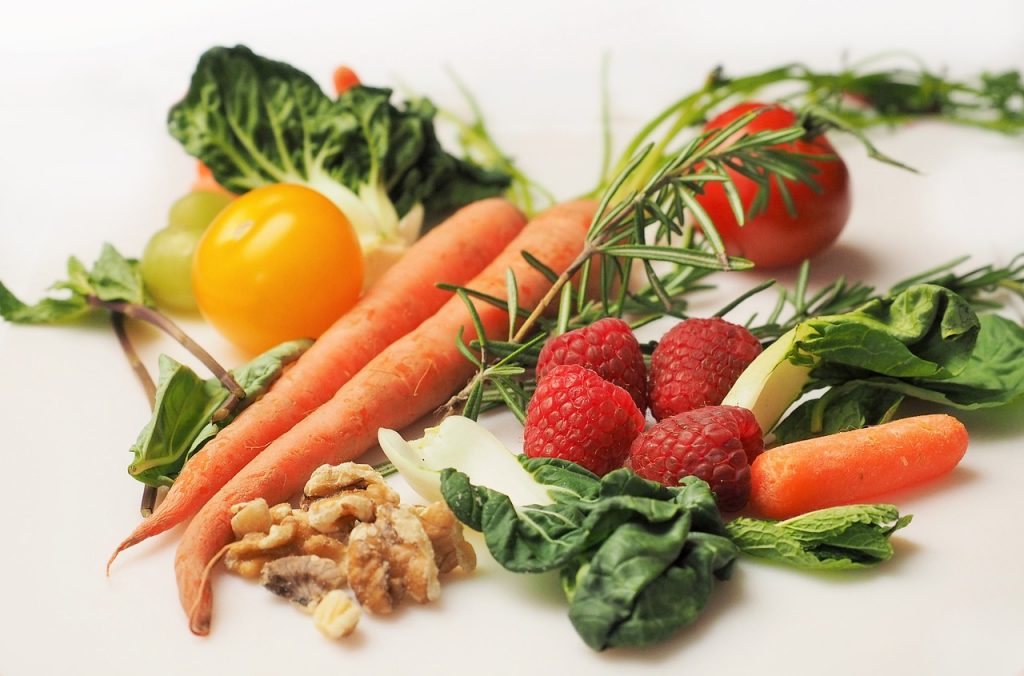26th October 2022 – By Paz García

In a world first, a team of researchers led by TwinsUK has found that people with high blood pressure take longer and work harder to clear fats from the blood after meals and have higher levels of inflammation after eating.
The research, published today in Nutrients, identified that this link is in large part due to visceral fat – the kind that wraps around your organs in your belly.
This suggests that reducing belly fat could be particularly important in improving the body’s responses to food in people with high blood pressure.
First author and TwinsUK researcher Panayiotis Louca said:
“People with high blood pressure are more likely to have higher levels of visceral fat than people with normal blood pressure. Our study found that this visceral fat is indeed responsible for a considerable amount of the difference we see in blood fats and insulin levels between these two groups after meals.”
The research was part of ongoing analysis of data collected during the PREDICT study, where 1,000 participants – including several hundred TwinsUK members – had their bodies’ responses to food measured over a two-week period.
Previous studies have shown that people with high blood pressure have higher baseline levels of blood fats, insulin and inflammation compared with people with normal blood pressure, and higher blood fats following a fatty meal. The present study however was the first to investigate and compare responses between the two groups following a nutritionally balanced meal.
Senior author and TwinsUK researcher Dr Cristina Menni said:
“We’d like to thank all of the participants who spent a full day in clinic and then two weeks meticulously logging their meals and collecting blood samples at home. It’s because of your dedication that we are able to advance health research.”
Louca et al. Postprandial responses to a standardised meal in hypertension: the mediatory role of visceral fat mass. Nutrients 2022









